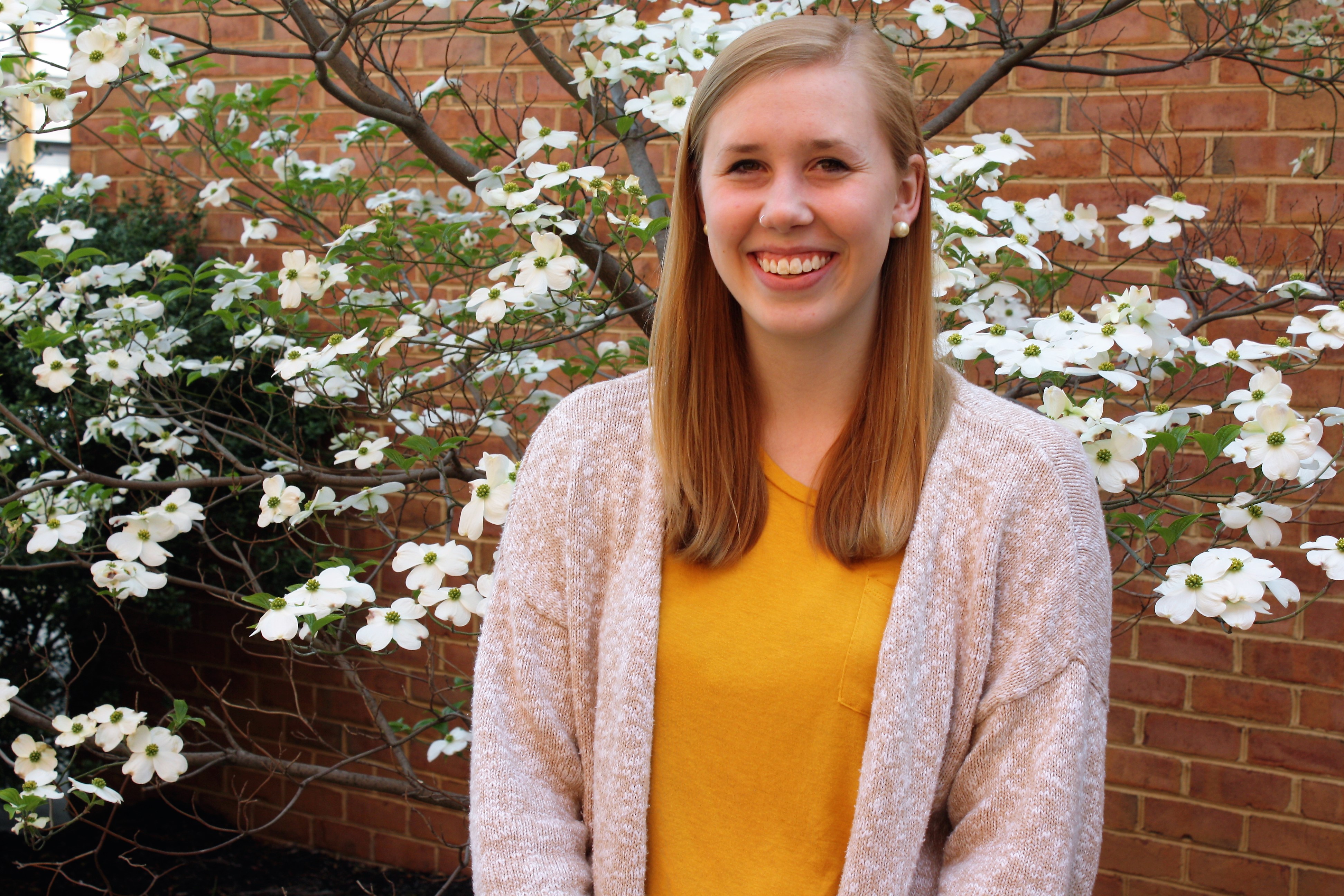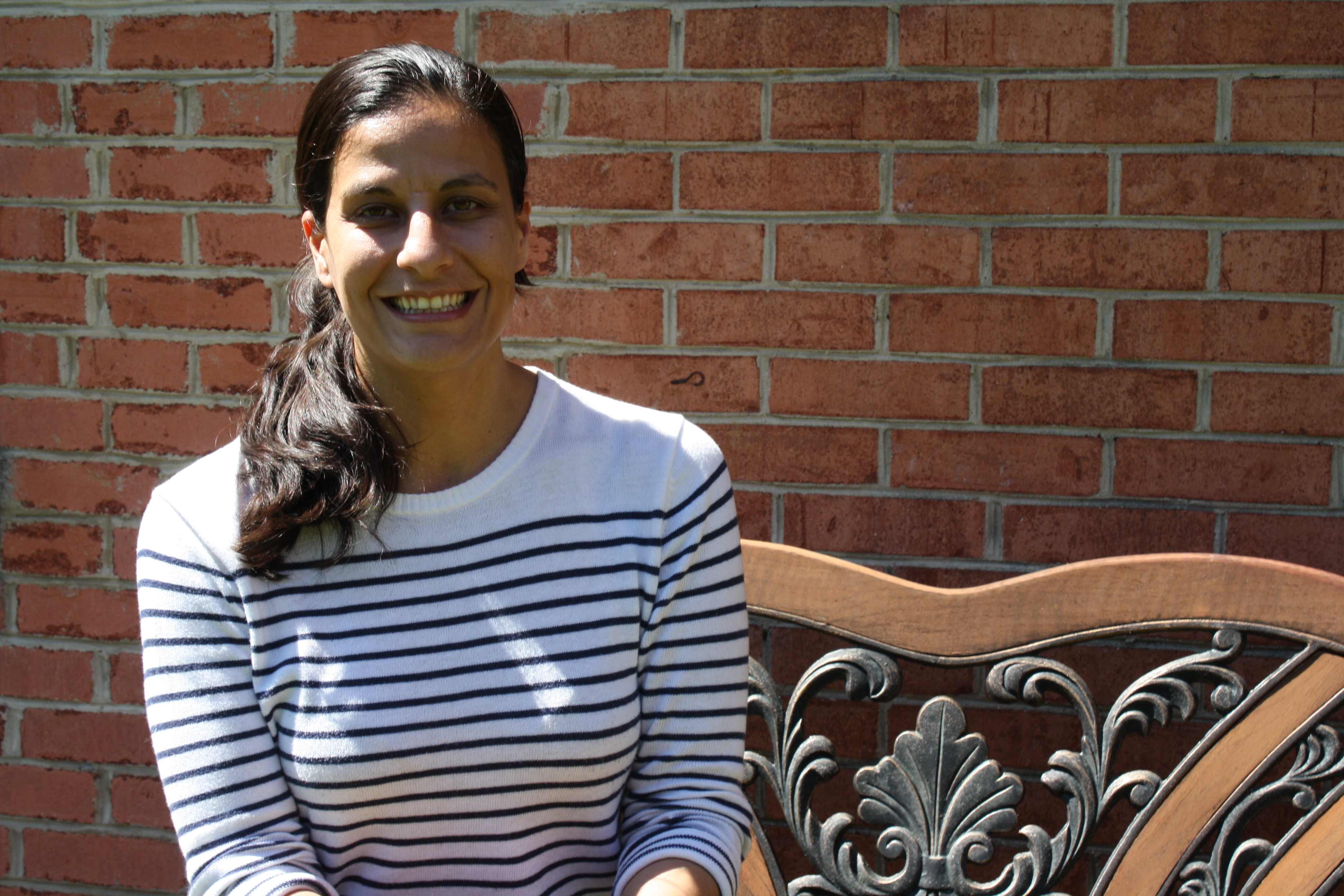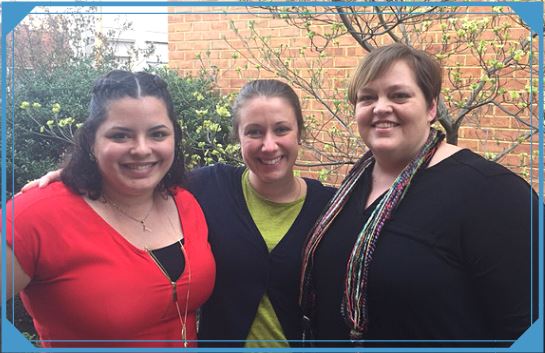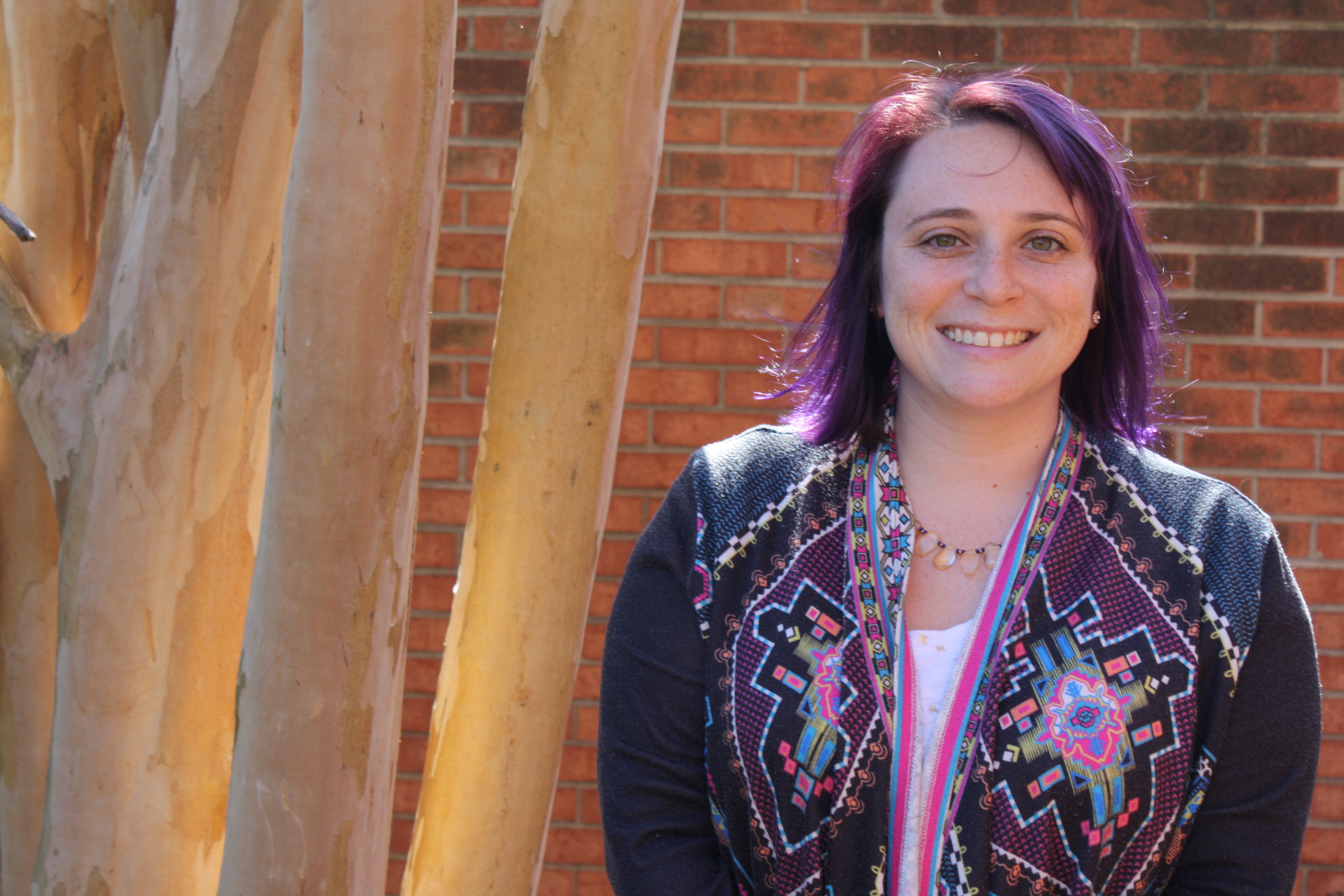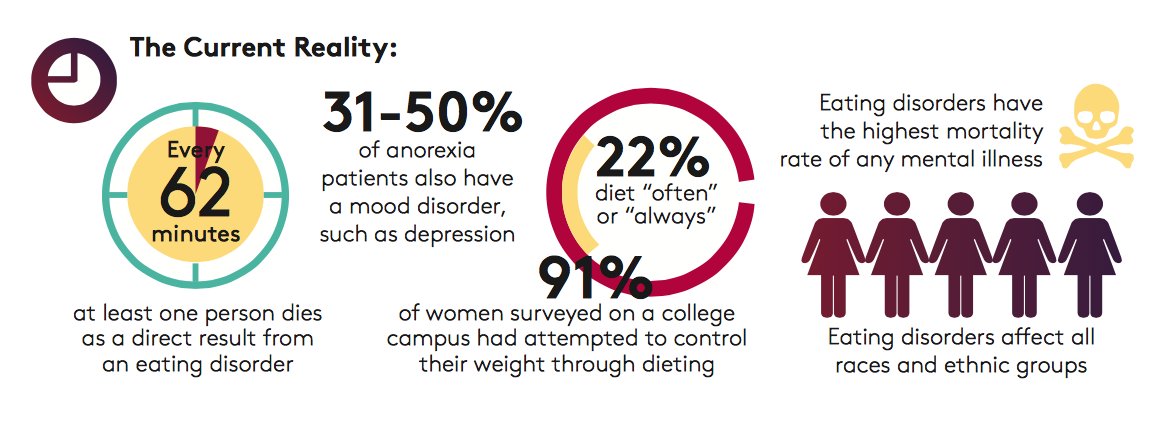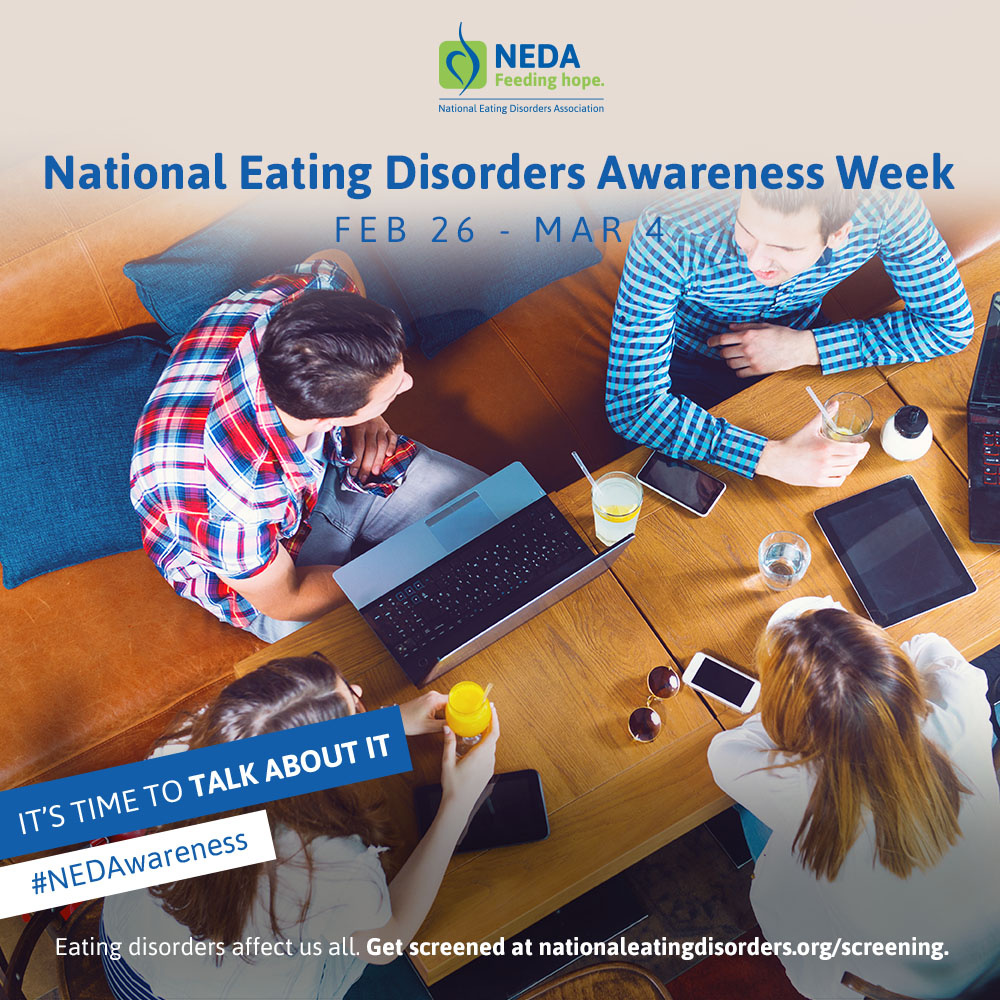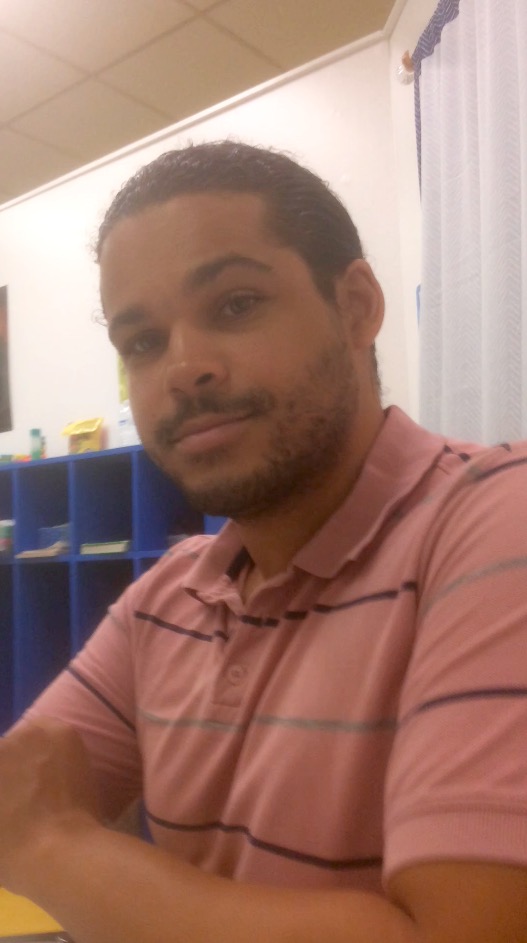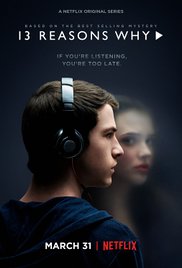
For the trendy topics trivia that you may already know:
13 Reasons Why recently dropped on Netflix
April is Sexual Assault Awareness Month (#SAAM)
How are those two related?! Stay tuned (ie read below)…but first…
For those of you who haven’t had time to binge watch yet or who haven’t gotten all the way through or read the book…*Spoiler* these topics are greatly related.
Again *Spoilers*, but also Trigger Warning: sexual assault, rape, suicide.
A little background, 13 Reasons Why was a book before it was adapted to a Netflix series.
The book and show follow the story of Hannah Baker through audio tapes she recorded before she died by suicide. We as viewers get to listen to the tapes with Clay, one of Hannah’s friends. She talks about many people and a few people come up more than once. One of these people is Bryce who is very conceited bully and is a classmate of Hannah’s. At a party Hannah attends, she and Bryce are in a hot tub, and he rapes her.
“I know some of you listening might think there was more I could have done or should have done, but I’d lost control and in that moment it felt like… it felt like I was already dead.”
Hannah’s words sum up how many survivors of sexual assault are treated every day.
They are asked did you say “no”? Hannah did not. Did you fight back? Hannah felt she could not. That doesn’t change what happened to her or make it less significant. She was assaulted. A crime was committed.
Would anything change if she had said “no”? Would anything change if she fought back? I won’t speculate because that didn’t happen in this case.
The producers/writers/actors/TV show makers of 13 Reasons Why made what I think was the ingenious decision not to change Hannah’s experience as depicted in the book for the show.
13 Reasons Why depicts this sexual assault in a way that is more realistic to the lived experiences of many survivors than what we often see on screen.
When we see sexual assaults depicted on TV or in movies, it is usually loud and raucous. There is always fighting. Victims scream “no” and “stop”. The incident goes on for an extended period of time.
With this as the primary way sexual assault is publicly viewed, we, as a society, do not understand that sexual assault is just as often quiet and quick. Though some victims may scream and claw, many victims feel like Hannah…frozen and unable to make a sound or move.
The often inaccurate depiction of sexual assault on TV and film makes us question the validity of some victims’ stories. If it doesn’t happen like we see on TV, was it really sexual assault?
Having only one lens through which we view sexual assault has other negative effects. It certainly explains why many survivors don’t come forward, for fear of being judged or victim-blamed.
We witness this in 13 Reasons Why when Bryce says things like “she came to my party,” “she was in my hot tub,” “she wanted it,” and “she didn’t say no.”
These denial and shaming tactics are often used in real life by news outlets, lawyers, community members, family, and friends of the survivor.
There are many topics that could relate #SAAM with 13 Reasons Why, (which is, by the way, one of the most difficult shows/books for me to watch/read. It is so real, you can’t look away but might want to.)
The hot tub scene with Hannah and Bryce was a light bulb moment for me. How we see sexual assault being handled in the media does have an effect on how we, personally, choose to assist survivors when they reach out to us.
When an assault happens, the number one thing we need to do is believe the survivor. We need to ask “what do you want to do?” We need to make the wants and needs of our survivors accessible. This does not happen for Hannah when she first discloses, but I think I can only handle so many injustices in one blog post before I start spiraling off on tangents.
Hopefully, we will see more of this “new” depiction of sexual assault as presented by 13 Reasons Why. Hopefully more and more of us can start realizing that—as with many things in society—sexual assault doesn’t have to fit into a media-defined standard for it to be valid and deserving of compassion, justice and healing.
If you or someone you know has been sexually assaulted, even if it has been some time ago, and would like to seek counseling, please Contact Us.
If you have an emergency, call the SARA Crisis Hotline at 540-981-9352 and find out more at SARA online.
